
Resources
There are many resources available to help us all improve our programming and how we partner. This page includes various standards to adhere to when implementing projects as well as helpful guides, tools, and frameworks for improving our coordination and partnering. You can view or download any of the resources below:
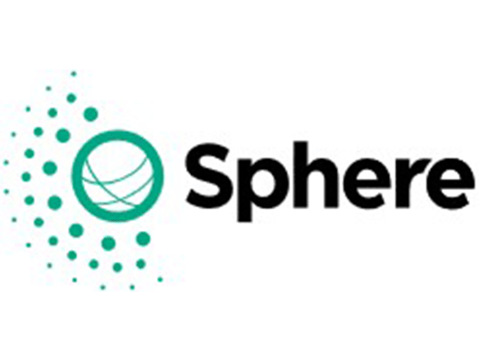
SPHERE Standard
Sphere defines, promotes and applies humanitarian principles and minimum standards in four life-saving areas: water, sanitation and hygiene promotion; food security and nutrition; shelter and settlement; and health.
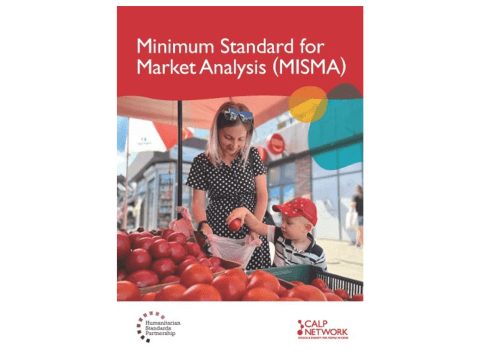
Minimum Standard for Market Analysis
The objective of the Minimum Standard for Market Analysis (MISMA) is to guide the work of humanitarian practitioners across sectors and to ensure that, irrespective of the tool used, the key standard of market analysis is being met. The MISMA covers five key actions to ensure the quality of market analysis.
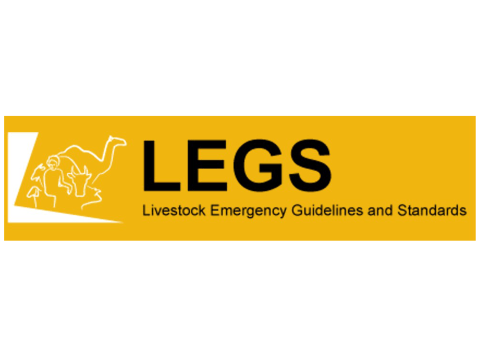
Livestock Emergency Guidelines and Standards (LEGS)
The Livestock Emergency Guidelines and Standards (LEGS) are a set of international standards and guidelines for the assessment, design, implementation, and evaluation of livestock interventions, in support of people affected by humanitarian crises.
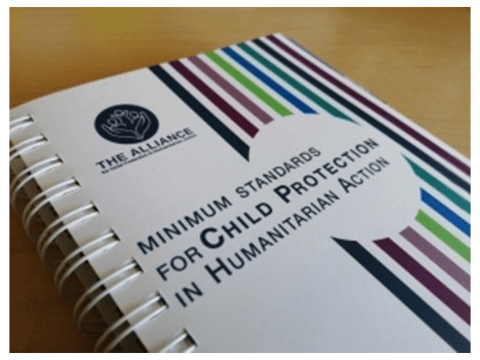
Child Protection Minimum Standard (CPMS)
The Alliance for Child Protection in Humanitarian Action, one of Sphere’s partner standard initiatives, released the second edition of the Child Protection Minimum Standard (CPMS) in October. The CPMS handbook guides humanitarian professionals in preventing harm and supporting the recovery of children caught up in crises.
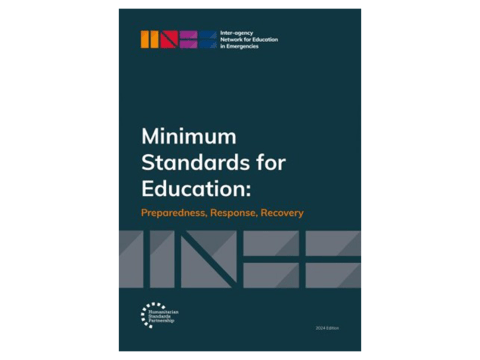
INEE Minimum Standards for Education
The INEE Minimum Standards for Education: Preparedness, Response, Recovery (INEE MS) contains 19 standards to improve the quality of educational preparedness, response, and recovery; to increase access to safe and relevant learning opportunities; and to ensure that the actors who provide these services are held accountable.
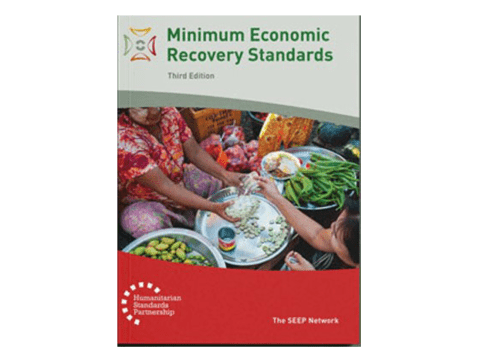
Minimum Economic Recovery Standards (MERS)
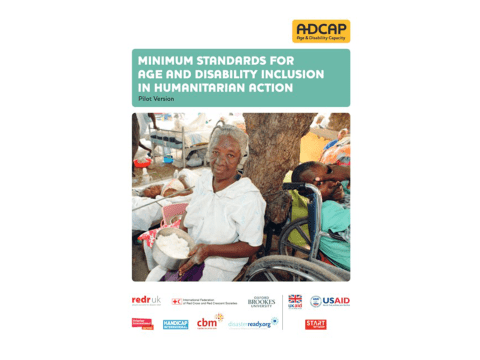
Humanitarian inclusion standards for older people and people with disabilities
The Humanitarian inclusion standards for older people and people with disabilities help organisations responding to crises to successfully identify and reach those most at risk, upholding the humanitarian principles by which they all must abide.
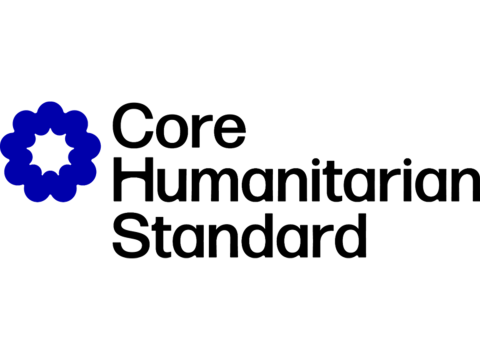
Core Humanitarian Standard
The CHS sets out nine commitments to ensure that organisations support people and communities affected by crisis and vulnerability in ways that respect their rights and dignity and promote their primary role in finding solutions to the crises they face.
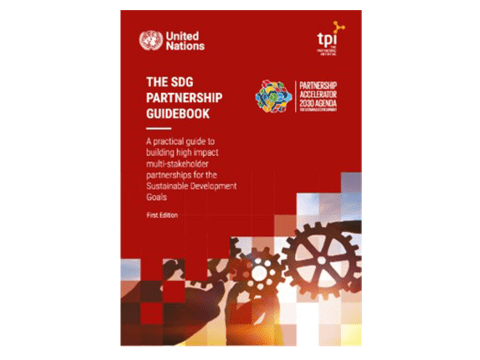
SDG Partnerships Guidebook
The Guidebook is a practical resource to help build successful partnerships and the underlying processes – from initial stakeholder engagement to partnership review – necessary to develop to maximise partnership impact.
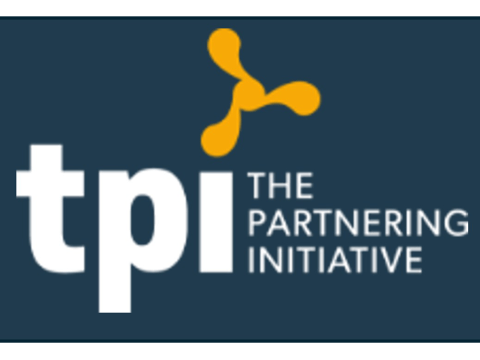
The Partnering Initiative (TPI)
TPI’s Knowledge Centre aims to make practical tools, processes and approaches to support collaborations reaching their full potential. It is for practitioners at every level – from beginners to experts.